Congratulations! Your Journey to Homeownership!
You're well on your way to owning your very own home! To help ensure a smooth escrow and settlement process, here are some important steps to keep in mind. And, of course, remember to consult your Realtor® for advice along the way.
1. Down Payment
As part of the home purchase, you’ll be asked to make a down payment. While you can choose to put down as much or as little as your mortgage allows, remember: the more you pay upfront, the lower your monthly payments and the shorter your loan term.
2. Escrow and Settlement Company
Throughout the buying process, an escrow or settlement company acts as an impartial third party. This company will hold your deposit, manage funds, and coordinate transactions between you and the seller. Depending on local practices, an attorney or your broker's trust account may also handle these funds. Be sure your account has sufficient funds to cover this deposit check.
If the sale proceeds as planned, your deposit will go toward the home's purchase price. However, if the sale falls through, you may be eligible to receive a refund, minus any cancellation fees. In certain cases, the seller might keep this deposit as liquidated damages, so consider discussing a liquidated damages clause with your counsel before signing the purchase contract.
Steps to Complete During Escrow:
1. Inspection Contingency
This step ensures the home meets your expectations. If the inspection uncovers issues, you may choose to cancel the contract, so it’s best to conduct this inspection soon after signing.
2. Financing Contingency
Once the contract is signed, you’ll have a specified timeframe to secure financing. If you can’t secure a loan within that period (and the seller doesn’t agree to extend), you’ll need to decide whether to waive this contingency or cancel the contract.
3. Marketable Title Requirement
Working with your attorney or title officer, review the title report to confirm a “clear” title, ensuring you’ll have undisputed ownership. Also, check any local and state regulations related to property transfers to ensure compliance.
4. Homeowner's Insurance
Most lenders require proof of homeowner's insurance before closing. Begin the application process early to account for any special requirements, such as fire or earthquake coverage, that might extend processing time.
5. Set Up Utilities
Contact local utility companies to have services ready to start on your closing date.
6. Final Walk-Through
Before closing, conduct a final walk-through to ensure the property matches the contract’s terms. This is your chance to verify that agreed-upon items (like fixtures) are present and in expected condition.
You Made It!
Once the sale closes, the home is officially yours. Congratulations on this exciting milestone in your life!
Search For Homes Here
Featured Communities


© 2024 MoxiWorks
© Better Homes and Gardens Real Estate 2023 – 2024. All rights reserved. Better Homes and Gardens®, BHGRE® and the Better Homes and Gardens Real Estate Logo are registered service marks owned by Meredith Operations Corporation and licensed to Better Homes and Gardens Real Estate LLC. Franchisee Legal Entity Name (not the dba) fully supports the principles of the Fair Housing Act and the Equal Opportunity Act. Each franchise is independently owned and operated. Any services or products provided by independently owned and operated franchisees are not provided by, affiliated with, or related to Better Homes and Gardens Real Estate LLC nor any of its affiliated companies.
